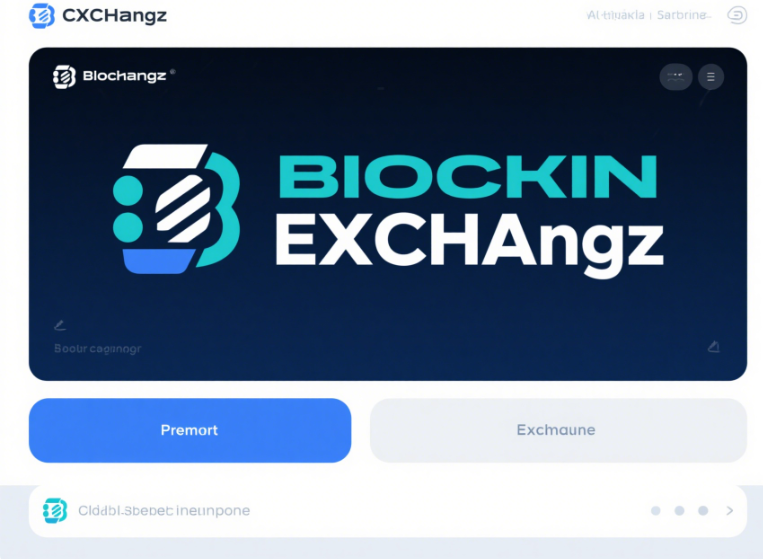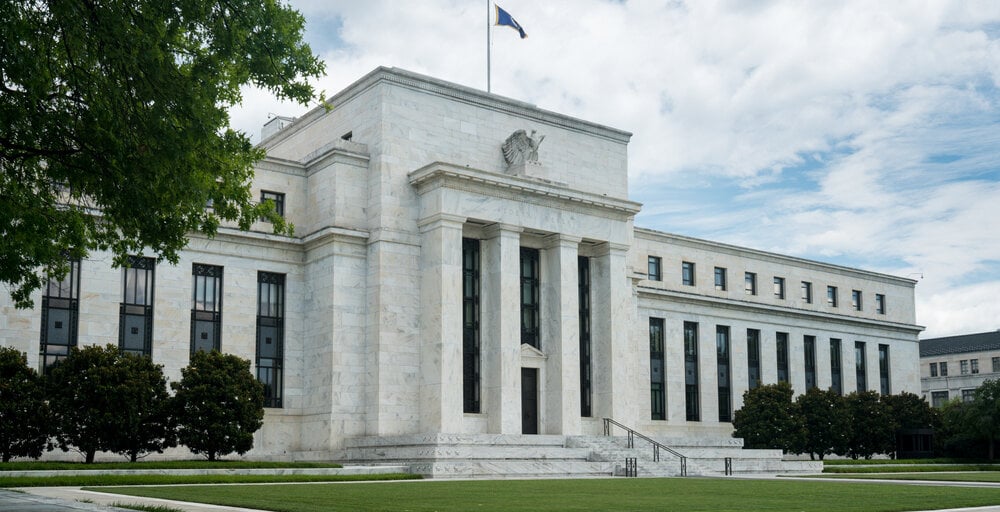As blockchain technology matures, attention to Bitcoin continues to increase. As the dominant cryptocurrency, Bitcoin is not only an investment tool but also a symbol of the application of blockchain technology. Exchanges serve as the bridge connecting investors to the market, and their future development directions will profoundly impact Bitcoin investments. This article will explore the future trends of blockchain exchanges and how these trends influence Bitcoin investment, helping readers better grasp market dynamics.
I. The Evolution of Blockchain Exchanges
In the early days of Bitcoin, exchanges primarily served as platforms for buying and selling Bitcoin. However, as the market environment has changed, the functions of exchanges have become increasingly complex. We have seen that today’s exchanges not only serve as trading platforms but also provide diversified functions, including financing, portfolio management, and derivatives trading.
Centralized Exchanges vs. Decentralized Exchanges
Blockchain exchanges can be broadly classified into centralized exchanges (CEX) and decentralized exchanges (DEX). Centralized exchanges like Binance and Coinbase typically offer higher liquidity and user-friendly interfaces but face regulatory constraints and security risks. In contrast, decentralized exchanges such as Uniswap and SushiSwap, while having relatively lower liquidity, offer significant advantages in privacy protection and user control of assets.

As Bitcoin’s popularity has surged, centralized exchanges have gradually expanded their market share. However, decentralized exchanges have increasingly become the choice for many investors due to their transparency and resistance to censorship, especially when facing regulatory pressures. This evolution will prompt investors to rethink which trading platform better meets their needs.
The Impact of Regulation
How to better regulate exchanges has become a hot topic for governments around the world. As the cryptocurrency market becomes more standardized, the introduction of relevant laws and regulations will directly affect the operating models of exchanges. On one hand, this will enhance market security; on the other hand, it may push some smaller exchanges to the brink of survival.
II. Future Trends Outlook
As blockchain technology develops, the future directions of exchanges will be influenced by various factors. Here are some trends worth noting:
Increasing Compliance
Compliance will become the key word in the future development of exchanges. After several major scandals, investors' trust in exchanges has gradually declined, and regulatory bodies have tightened their scrutiny of exchanges. In the future, enhanced compliance will enable exchanges to better integrate with traditional financial systems, providing a safer trading environment.
Enhanced User Experience
To attract new users, exchanges will continuously optimize the user experience. For example, they will offer lower trading fees, faster transaction execution speeds, and more intuitive interfaces. These improvements will lower the investment threshold and promote more novice users to enter the Bitcoin and other cryptocurrency markets.
Emergence of Tokenized Financial Products
In the future, exchanges may introduce more tokenized financial products, such as options, futures, and ETFs, to attract large-scale investments. This trend will provide investors with more choices and also offer richer trading strategies and risk management tools.

Platformization of NFTs and Other Digital Assets
Although the NFT market has experienced volatility recently, its potential remains immense. In the future, exchanges may launch dedicated NFT trading platforms, integrating NFT transactions with mainstream currencies like Bitcoin to create a unified digital asset trading environment, thereby attracting more users.
Social Trading and Community-Driven Models
Future exchanges may also integrate elements of social trading, allowing investors to share their investment decisions and help novice investors obtain better investment judgments. In addition, community-driven exchanges will emerge, enabling users to participate more directly in the management and development of trading platforms through community voting and governance, which will enhance users' sense of participation and belonging.
III. The Impact of Future Trends on Bitcoin Investment
So, how will these future trends of exchanges specifically affect Bitcoin investment?
Enhanced Liquidity
Whether centralized or decentralized, exchanges will attract more investors through enhanced user experience and compliance assurance. This process will increase the overall liquidity of the market, thereby stabilizing Bitcoin prices and reducing the costs for investors during trading.
More Investment Opportunities
With the diversification of financial products, investors will have more choices for investment methods, such as using options and futures to invest in Bitcoin. This not only hedges risk but also allows investors to seize more arbitrage opportunities in market fluctuations.

Increased Market Transparency
Strengthened compliance and technological transparency will make Bitcoin market operations more transparent, providing investors with more comprehensive information for decision-making, thereby increasing the overall trust in the market.
Promotion of Financial Education
As exchanges focus on user experience, many platforms will provide abundant educational materials and tools to help novice investors better understand Bitcoin and other cryptocurrencies. This will further expand the investor base for Bitcoin and enhance their investment literacy.
The future development of blockchain exchanges will be guided by compliance, focus on user experience, promote the emergence of more financial products, and integrate emerging fields such as NFTs. These trends will not only significantly impact the transformation and growth of exchanges themselves but also profoundly affect Bitcoin investment. In this rapidly changing market, investors must continually monitor these developments to better capture investment opportunities.
The future has arrived, and embracing change while adjusting strategies will be essential for every Bitcoin investment enthusiast. I hope this article provides valuable insights and reflections for your Bitcoin investment journey.
















No comments yet